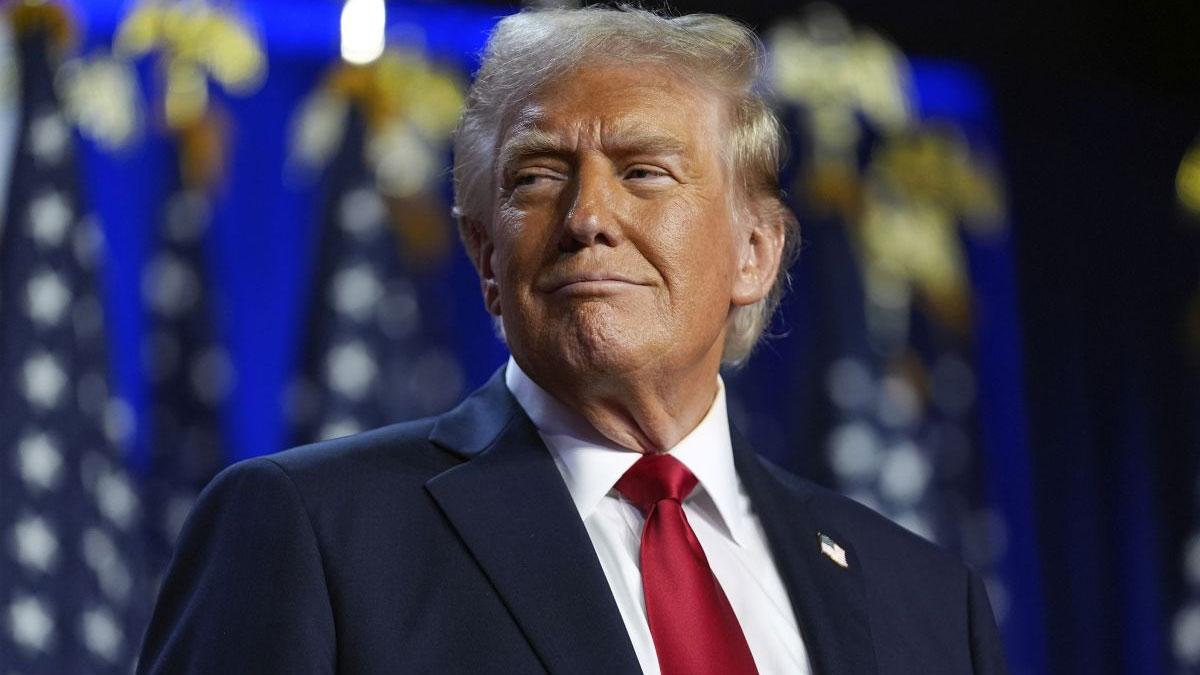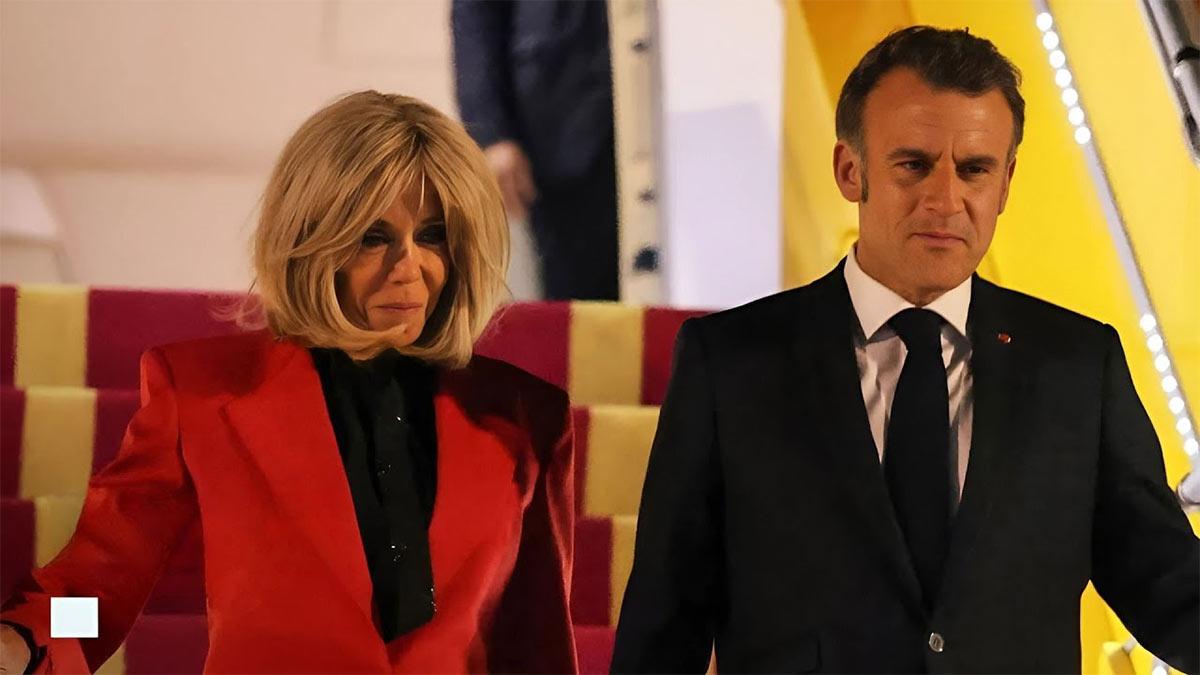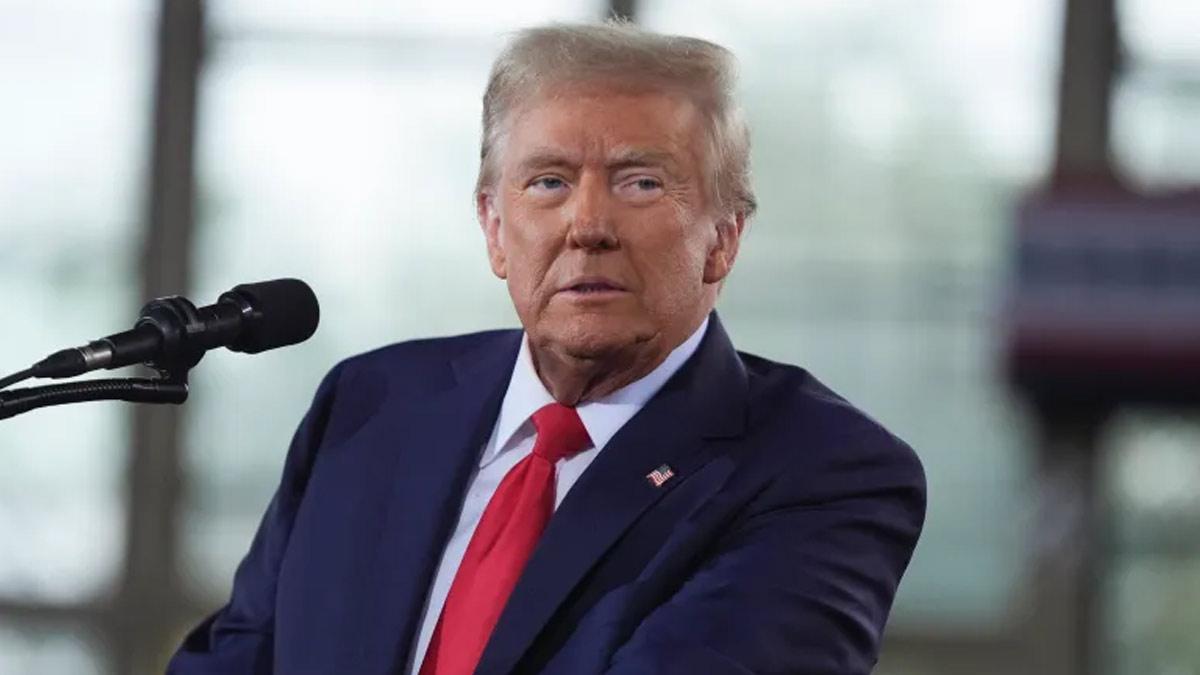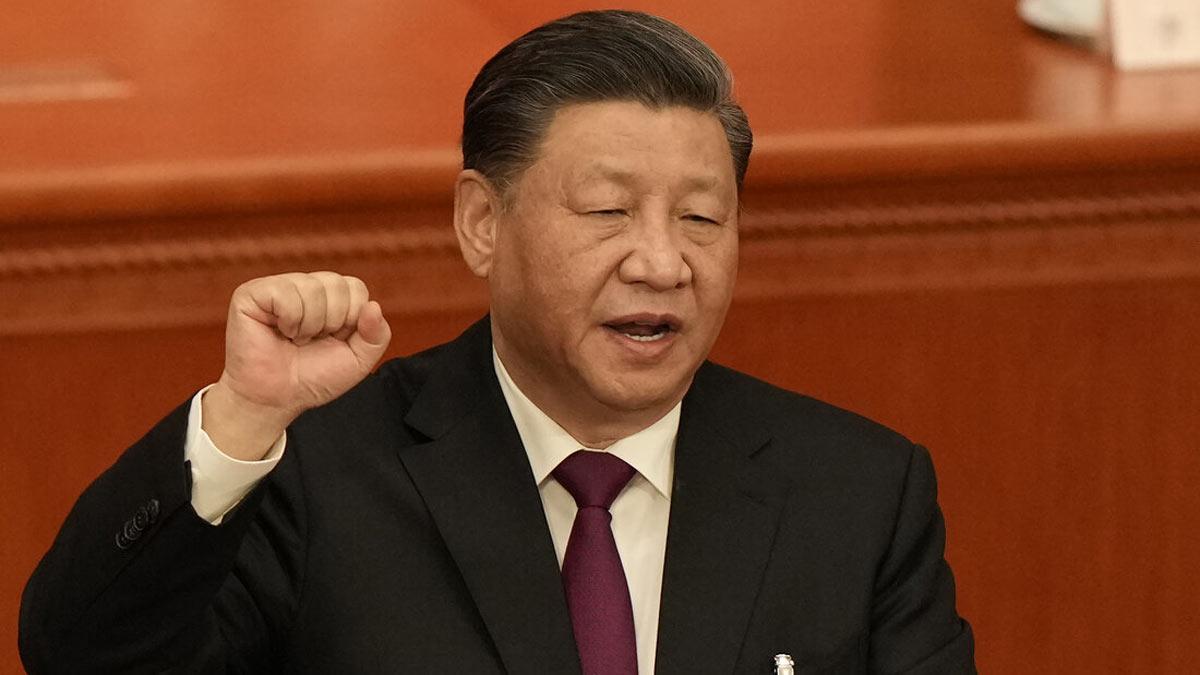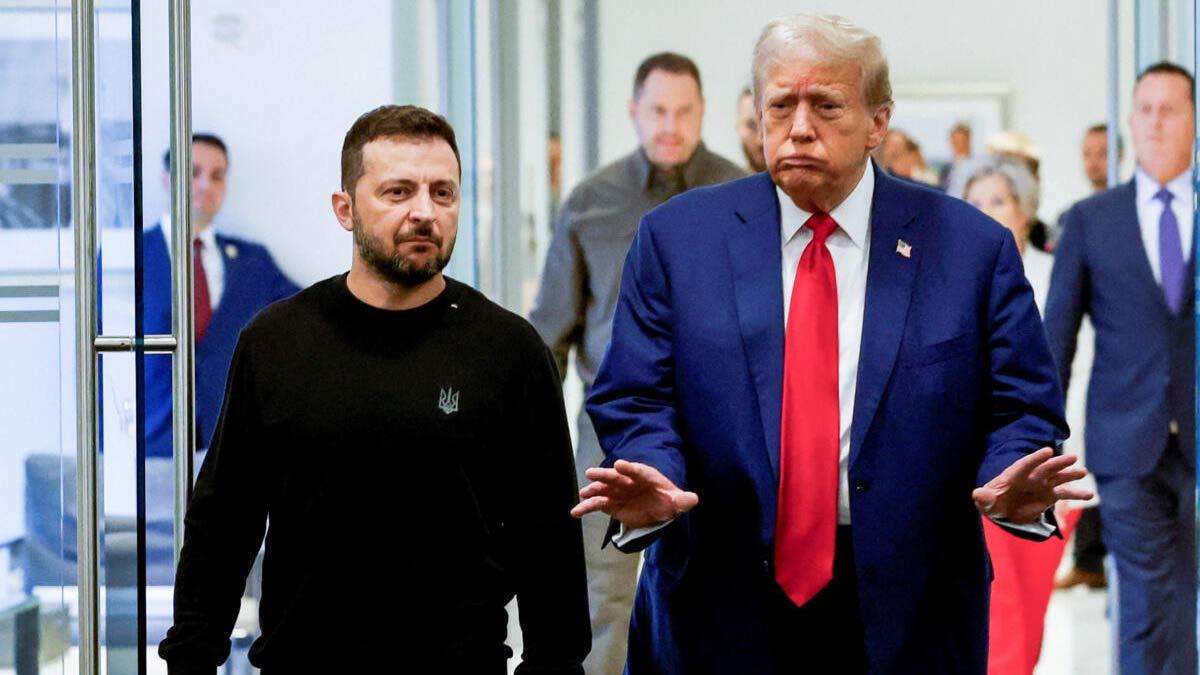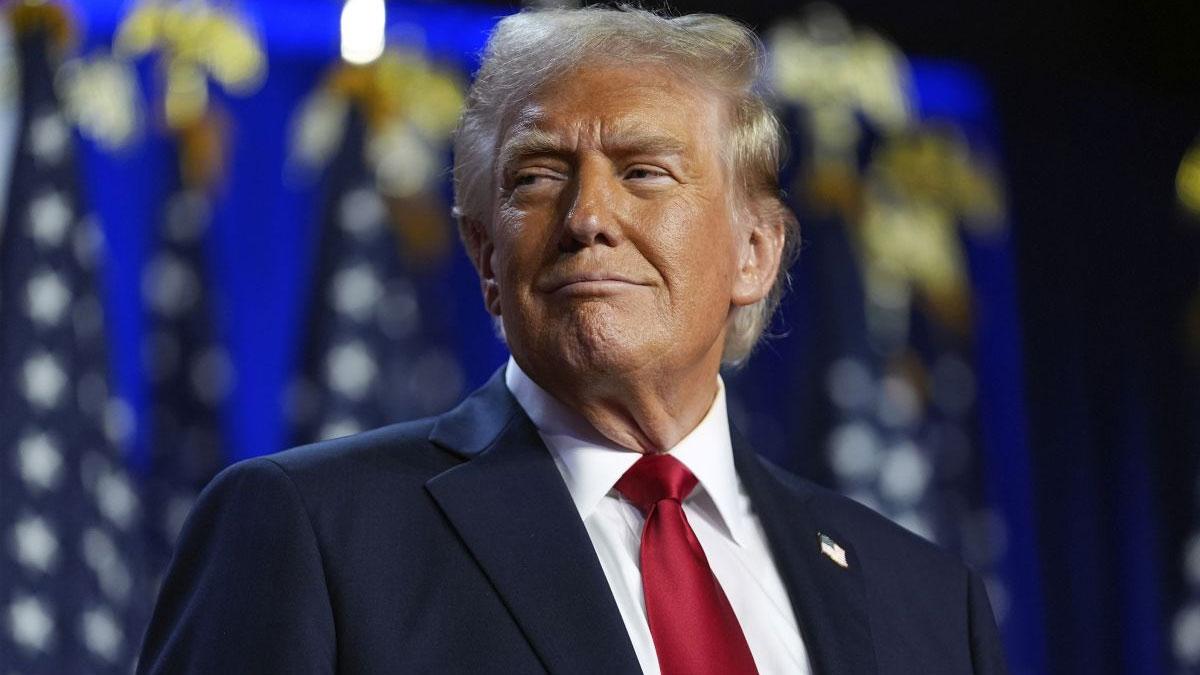In a huge legal setback to ex-US President Donald Trump, a federal trade court has declared his government's move to impose blanket 'Liberation Day' tariffs null and void, declaring that the action crossed constitutional boundaries.
A three-judge panel of the US Court of International Trade in Manhattan found Wednesday that Trump's scheme to impose across-the-board import tariffs against surplus trade nations was unconstitutional because it overstepped the limits established by the International Emergency Economic Powers Act (IEEPA), US media outlets have reported.
The Trump administration had used the IEEPA to justify the tariffs, claiming that rising trade deficits, and specifically with China and the European Union, constituted an "unusual and extraordinary" danger necessitating emergency action.
The officials argued that these actions were essential to meet a national economic emergency and warned that stopping the tariffs could stall tenuous negotiations with China and escalate geo-political tensions between India and Pakistan.
In legal filings, Trump's lawyers went on to state that the President had exercised his emergency powers to assist in de-escalating violence in South Asia. They mentioned his threat of tariffs as a primary reason for inducing a ceasefire between India and Pakistan after the April 22 terror strike in Pahalgam, Jammu and Kashmir, attributed to Pakistan-based fighters. Even as the government took credit for easing tensions, New Delhi rejected foreign intervention and urged India to stop military action instead.
"Trade talks are at a sensitive stage," government attorneys informed the court, citing a July 7 deadline to complete trade arrangements with several countries.
However, the court dismissed these arguments. The judges ruled that the President's actions were not based on law under the IEEPA and usurped Congress's constitutional prerogative over foreign commerce.
"Congress didn't give the President unlimited authority under IEEPA," the court ruled. "The Constitution grants Congress sole jurisdiction over regulating commerce with foreign nations. That power isn't preempted just because the President exercises emergency powers."
The panel reiterated that the ruling was strictly guided by legal principles, rather than the wisdom or workability of the policy of tariffs per se.
"The court does not adjudicate the wisdom or probable efficacy of the President's deployment of tariffs as leverage. That deployment is prohibited not because it is ineffective or unwise, but because federal law forbids it," reads the ruling.
The court also cautioned against excessive delegation of economic authority to the executive branch, saying, "An unlimited delegation of tariff authority would constitute an improper abdication of legislative power to another branch of government."
The ruling was a response to two lawsuits—one filed by the Liberty Justice Center on behalf of five small American businesses that rely on imports, and the other joined by 13 US states. The plaintiffs stated the tariff policy would substantially affect their business and make them cost more without legislative review.
There are at least five other court challenges against the tariffs currently pending across different jurisdictions.
In response to the unpalatable verdict, the Trump administration immediately filed a notice of appeal, making it clear that it would not give up the fight in court.
The disputed tariffs, imposed by Trump on April 2, involved a 10% minimum import tariff, with higher rates reserved for nations such as China and EU members. The market reaction was however immediate and adverse, leading the administration to freeze temporarily a number of country-specific rates just days later.
Eager to calm down trade relations between the world, on May 12, the administration said that the toughest Chinese tariffs would be slightly relaxed temporarily as both countries moved towards a bigger deal. The US and China agreed to lower some tariffs for 90 days.
Responding to the ruling of the court, White House deputy chief of staff Stephen Miller denounced the judiciary in a tweet, stating, "The judicial coup is out of control."
Read also| Elon Musk Ends Role as Special Government Employee, Steps Down as Trump Advisor
Read also| Watch| Satellite Images Reveal 3-Meter Wide Crater at Pakistan’s Murid Air Base

